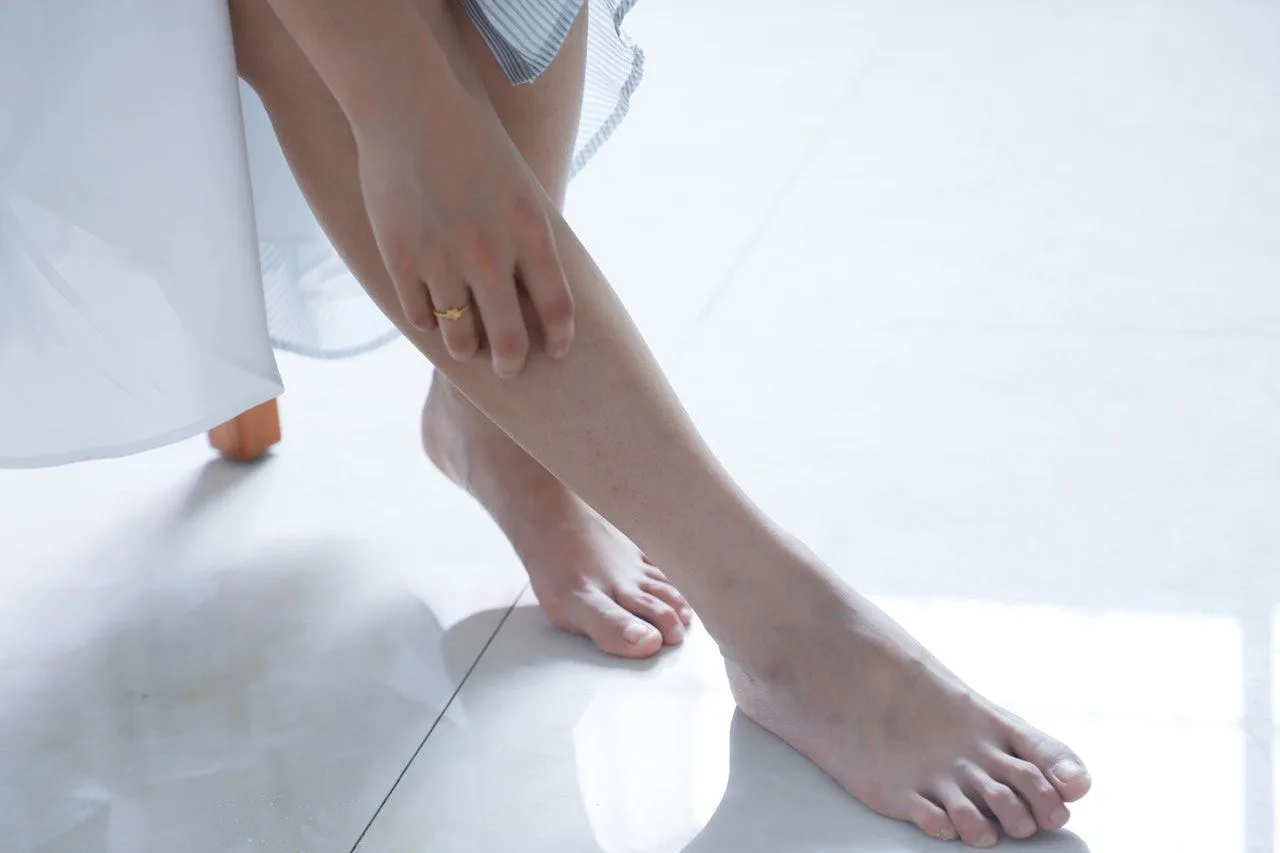There are many ways that you can relieve leg pain. You can try resting the leg, applying heat or ice, and taking medication. You can also try exercises to stretch and strengthen the muscles in your leg. If you are still experiencing pain after trying these methods, see a doctor. They may be able to recommend other treatments that will help relieve your pain. Read on to learn more! Longevity Live Paid Content.
Aching legs are a common complaint, and there are a number of factors that can contribute to leg pain. Poor circulation is one possible cause, as it can lead to a buildup of fluid in the legs and difficulty delivering oxygen and nutrients to leg muscles. Joint problems such as arthritis or osteoarthritis can also cause leg pain, as can muscle strains or repetitive motion injuries.
Why do we get leg pain?
In general, older adults are more likely to suffer from poor circulation and joint difficulties, while younger adults are more likely to experience muscle strains. However, anyone can be affected by any of these conditions, so it is important to see a doctor if you are experiencing leg pain. With proper diagnosis and treatment, most cases of leg pain can be resolved. Talk to your doctor in your closest Dublin vein clinic, they might be able to help resolve your leg issues.
Leg pain is a common symptom that can have a variety of causes. In many cases, the pain will resolve on its own with simple home care measures, such as rest, ice, and elevation. However, there are some cases where medical care may be necessary. For example, if the pain is severe or persists for more than a few days, if there is swelling or redness in the leg, or if the person experiences numbness, tingling, or weakness in the leg. It is essential to seek medical attention.
These may be signs of a more serious condition, such as a blood clot, and prompt treatment may be necessary to prevent complications.
Many ways to relieve leg pain
There are many ways to relieve leg pain, depending on the underlying cause. For example, if the pain is due to muscle cramps, stretching and massaging the affected muscles can often provide relief. If the pain is caused by a circulation issue, such as varicose veins, the elevation of the legs may help.
In some cases, leg pain may be due to an injury or underlying medical condition and require professional treatment. If you are unsure of the cause of your leg pain, it is always best to consult with a doctor or other healthcare provider for an accurate diagnosis and appropriate treatment plan.
When patients come to a clinic complaining of leg pain, there are several ways that healthcare professionals can diagnose the problem. One of the most common methods is to take a detailed medical history. This will help to rule out causes of leg pain that are unrelated to the musculoskeletal system, such as vascular issues or neurological conditions.
Once potential causes have been ruled out, a physical examination will be conducted. This will involve testing for a range of motion, muscle strength, and tenderness.
In some cases, imaging tests such as x-rays or MRIs may be ordered. These can provide valuable information about the location and severity of any underlying conditions. By taking a comprehensive approach, health care professionals can accurately diagnose the cause of leg pain and develop an effective treatment plan.
Bottom line
Leg pain can be debilitating and frustrating. If you are suffering from leg pain, there are a few things that you can do to help relieve the pain. First, make sure that you are staying active and moving your legs as much as possible. Second, try using ice or heat to soothe the pain. Finally, consult with your doctor to find the best treatment plan for you. Hopefully, these tips will help you get relief from your leg pain.


